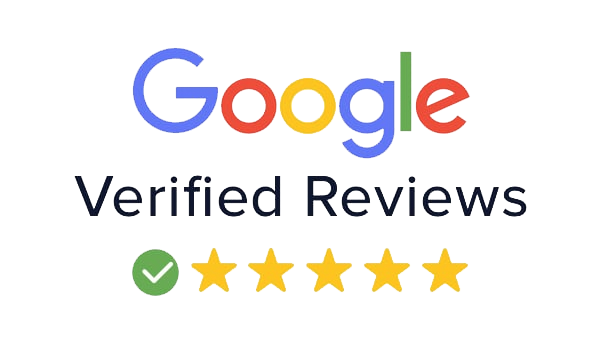- Webinar Hot Topics
- Veterans Benefits
- Veteran
- VA Benefits
- Update
- Uncategorized
- Trusts
- Trustee
- Trust FAQ
- Trust Administration Old
- Trust Administration
- Trust
- Tips
- Taxes
- Tax Planning
- Spouse
- Special Needs Planning
- Social Security Benefits
- Social Security
- SECURE Act
- Second Marriage
- Scam
- Sandwich Generation
- Revocable Trust
- Reverse Mortgage
- Retirement Planning
- Retirement Plan Trust
- Remarried?
- Real Estate Investor?
- Quarantine
- Probate Old
- Probate
- Power of Attorney
- Physician?
- Pandemic
- Our Support Team
- Our Founders
- Our Attorneys
- News
- New Events
- Medical Power of Attorney
- Medicaid Planning
- Medicaid
- Marriage
- Long-Term Care Planning
- Long-Term Care Insurance
- Long-Term Care
- Living Will
- Living Trust
- Life Insurance
- Legacy
- Last Will & Testament
- Irrevocable Trust
- Inheritance
- Incapacity
- Funeral Expenses
- Funeral
- Fraud
- FLP
- Family Protection Plan
- family limited partnership
- Family Fight
- Executor
- Estate Planning?
- Estate Planning old
- Estate Planning Attorney
- Estate Planning
- Estate Administration
- End of Life
- Elder Law?
- Elder Law Attorney
- Elder Law
- Elder Financial Abuse
- Elder Care
- Elder Abuse
- Divorce
- Directive to Physicians
- Dementia
- Death
- COVID
- Coronavirus
- Child With Disability?
- Charity
- CARES Act
- Caregiving
- caregiver
- Care Plan
- Business Succession Planning
- Business Planning
- Blended Family
- Beneficiary
- Asset Protection Tips & Stories
- Asset Protection
- Asset Alignment Education
- Alzheimer's
- Advanced Medical Directive
Why Should I Think about My Death?
Talking about death makes most of us uncomfortable, so we don’t plan for it. That’s a big mistake, because if you don’t have an end-of-life plan, your state’s laws decide who gets everything you own. A doctor you’ve never met could decide how you spend your last moments, and your loved ones could be saddled with untangling an expensive legal mess after you die.
What Happens If I Don’t Fund My Trust?
If you have updated your estate plan during the Covid crisis and even found a way to sign your documents while maintaining social distance, do not overlook the last step of trust funding.
What Should I Know about a ‘Green’ Burial?
Green, also known as natural or simple, burials are a fast-growing segment of the funeral business.
What Happens to Debt when You Die?
Creditors typically try to collect on unpaid debt, by going after the decedent’s estate during a process called probate.
Is there a Better Plan than a Reverse Mortgage?
Using the equity in your residence is a method many people use to raise cash. There are several methods that a homeowner may use to tap into this income vein, but some may be better suited than others. One popular option—that often fills the airwaves with commercials—is the reverse mortgage. However, while popular, this may not be the best choice for many homeowners.
Different Trusts for Different Estate Planning Purposes
Trusts are legal entities that own assets, and all trusts are not alike. They are created by a written trust document with certain provisions that can vary from trust to trust.
How Can I Avoid Family Fighting in My Estate Planning?
One problem that frequently stems from the inheritance process is fractured relationships between siblings. Unfortunately, the common denominator in many of these situations is the parents’ estate plan.
What Basic Estate Planning Documents Do I Need?
At this stage of your life, preparing these must-have documents is one of the most profound acts of love that you can bestow. This paperwork can shield your family from needless heartache, hassle and expense.
Don’t Overlook Key Parts of Estate Plan
During the past four months, more than 141,000 Americans have died of COVID-19. Anecdotal evidence suggests that the pandemic has prompted some people to get serious about creating or updating their estate plans, according to Christine Benz, Morningstar’s director of personal finance.
Estate Planning Different for Business Owners and Top-Level Executives
Having an estate plan can ensure that fiduciaries are identified to oversee and distribute your assets in the way you would have wanted. As a business owner, your ownership assets in your estate may require a more sophisticated level of planning.

